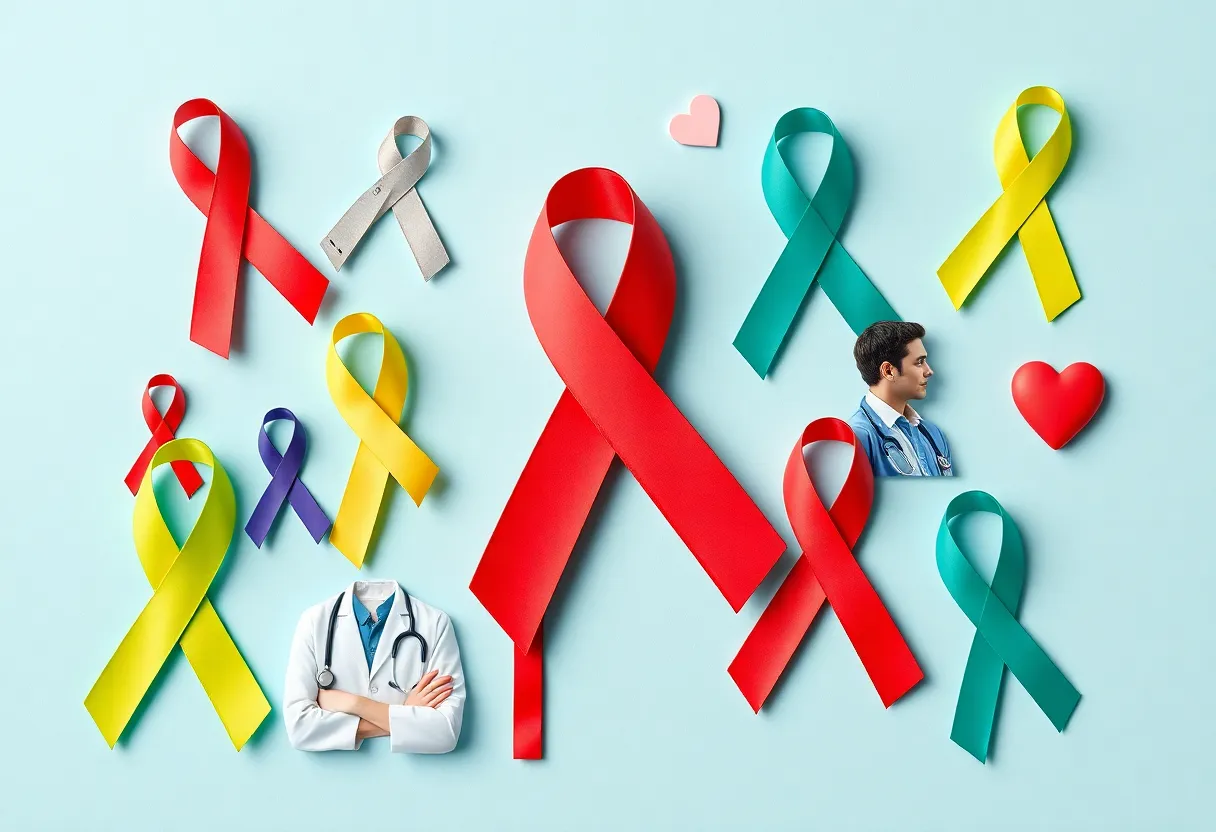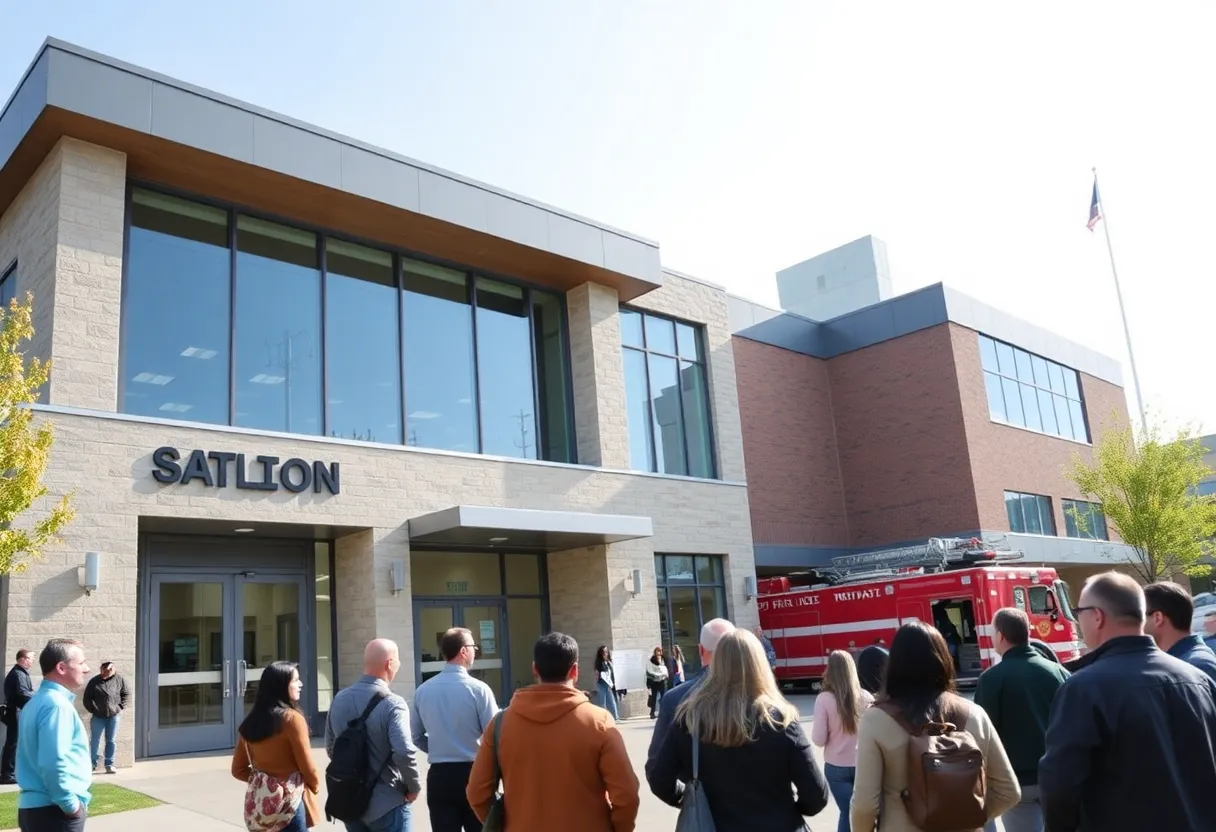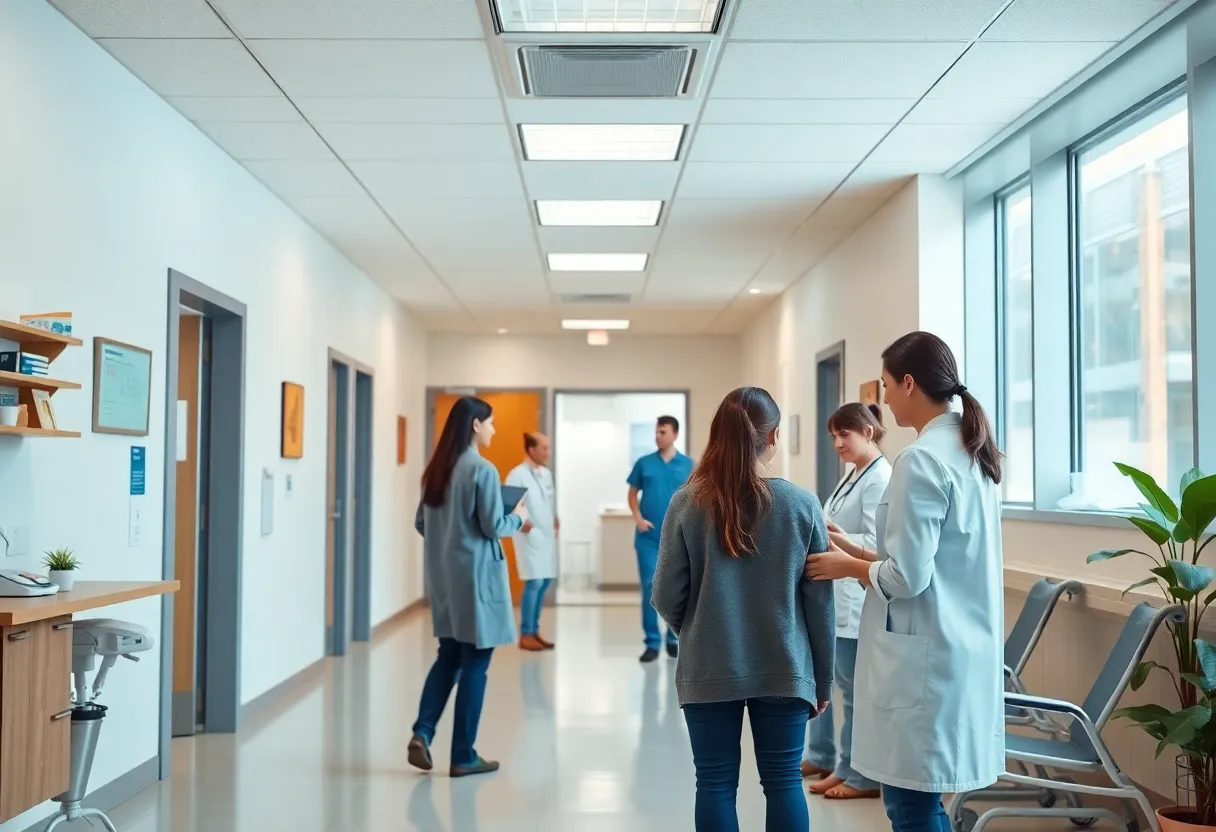News Summary
March marks Kidney Cancer Awareness Month, focusing on the importance of awareness, early detection, and treatment options for this often-overlooked disease. Patient advocates like Sid Sadler work to highlight challenges faced by young kidney cancer patients, emphasizing symptoms such as blood in urine, flank pain, and fatigue. With over 80,000 expected new diagnoses in 2025, education and advocacy are crucial for improving patient outcomes and funding essential research. This month serves as a reminder to prioritize kidney health and share knowledge to support those affected.
March Brings Attention to Kidney Cancer Awareness Month
March is here, and with it comes Kidney Cancer Awareness Month! This time of year shines a big spotlight on kidney cancer, helping raise awareness about symptoms, early detection, treatment options, and the all-important role of patient advocacy. For many, this month serves as a reminder of the importance of knowledge and action when it comes to fighting this sneaky disease.
Meet Sid Sadler: A Survivor with a Mission
One inspiring figure in the kidney cancer community is Sid Sadler, a passionate patient advocate and survivor. Sid received his diagnosis at just 32 years old, a shockingly young age considering that the average person diagnosed with kidney cancer is about 65. Sid has discovered that the lack of representation for young adults in kidney cancer advocacy can feel isolating. Often, at medical appointments, he finds himself as the youngest patient, and that can be a lonely experience when many others are older and have different life experiences.
The Symptoms You Should Know
Understanding the symptoms of kidney cancer can potentially be a lifesaver. Common signs include blood in urine, flank pain, and fatigue. However, many people are diagnosed by chance when they undergo imaging for completely unrelated health issues. This makes awareness even more critical, as many cases don’t present noticeable symptoms until the disease has progressed significantly. So, communication with healthcare providers about any unusual signs is vital.
Why Early Detection Matters
Regular check-ups and screenings are highly encouraged, especially for those who might be at higher risk of developing kidney cancer. It’s essential to schedule routine visits with healthcare providers because many kidney cancers remain symptom-free until they reach advanced stages. While it might seem like an inconvenience, those annual screenings can be a game-changer and can lead to early detection.
The Numbers That Count
Kidney cancer is no small concern. It ranks as one of the top ten most common cancers in the United States, with over 80,000 new diagnoses expected in 2025. The good news is that ongoing research is paving the way for exceptional advancements in treatments, including surgery, targeted therapies, and immunotherapy. Health professionals are working tirelessly to improve outcomes for kidney cancer patients, making it an exciting time for medical breakthroughs!
Be Proactive About Your Health
Education isn’t just key for patients; healthcare providers also need to stay informed about the early warning signs of kidney cancer. Advocacy efforts are working hard to spread this message, urging everyone, especially those with hereditary cancer syndromes, to be proactive about screenings and self-awareness. Early detection through imaging studies has resulted in a spike in stage 1 renal cell carcinoma (RCC) diagnoses, while cases of stage 4 disease have decreased. That’s mighty encouraging!
Funding Future Research
Awareness initiatives are not just about informing the public—they also aim to drive funding for much-needed research, clinical trials, and improved patient education regarding kidney cancer. With more resources dedicated to understanding this disease, we can look forward to better treatments and hopeful outcomes for everyone affected by this alarming condition.
Final Thoughts
This Kidney Cancer Awareness Month, take a moment to reflect on what you know about kidney cancer, acknowledge the challenges faced by younger patients, and understand how crucial it is to advocate for early detection and treatment options. By sharing knowledge and experiences, we can build a more informed community that supports one another in the fight against kidney cancer. Let’s keep the conversation going and make kidney health a priority—because every bit of awareness counts!
Deeper Dive: News & Info About This Topic
HERE Resources
March is Kidney Cancer Awareness Month: Key Insights
Additional Resources
- Cure Today: Kidney Cancer Awareness Month
- Wikipedia: Kidney Cancer
- OncLive: Role of Kidney Cancer Awareness
- Google Search: Kidney Cancer Awareness
- WIFR: Signs and Symptoms of Kidney Cancer
- Google Scholar: Kidney Cancer Symptoms
- Northside: Advances in Kidney Cancer
- Encyclopedia Britannica: Kidney Cancer
- WTNH: Therapeutic Vaccine for Kidney Cancer
- Google News: Kidney Cancer Research







